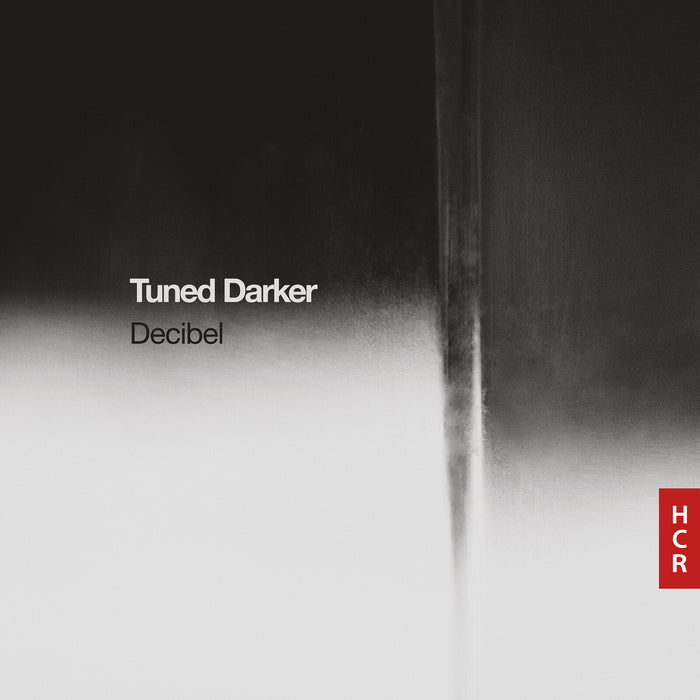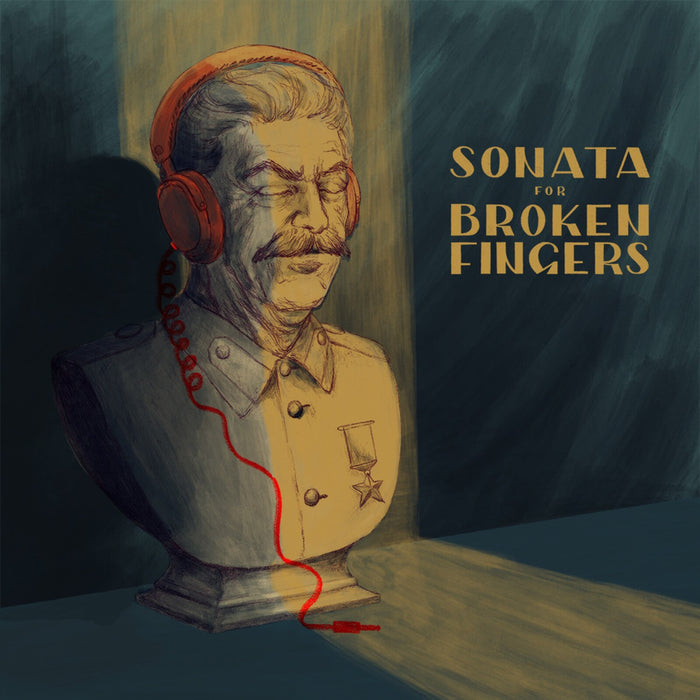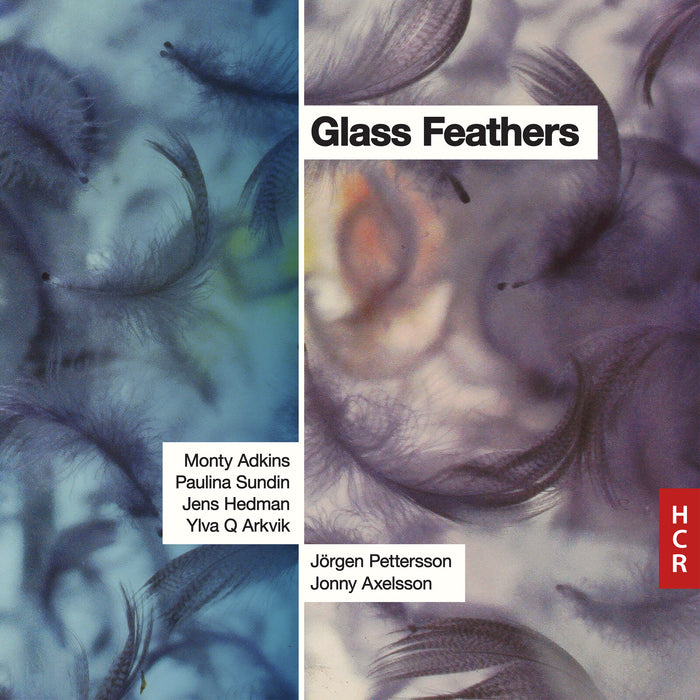Description
On 22 November 2024, NMC Recordings releases Pieces that Disappear - the debut album from the composer Tom Coult performed by the BBC Philharmonic Orchestra. Coult's playful and seductive music has been championed by many of the UK's major orchestras and ensembles, and he was made Composer-in-Association with the BBC Philharmonic Orchestra in 2021. Coult has been commissioned by BBC Proms (including St John's Dance for the First Night of the 2017 Proms), Aldeburgh Festival (including pieces for Mahler Chamber Orchestra and for Marian Consort), and Lucerne Festival. His first opera, Violet, with text by Alice Birch, was premiered in 2022 at the Aldeburgh Festival and on tour, and was described by The Telegraph as 'the best new British opera in years'. It has already been staged in second and third productions in Paris and Ulm, Germany, in 2022 and 2023. It has won or been nominated for: an International Opera Award, a South Bank Sky Arts Award, a Critics Circle Award, an IVORS Composer Award and a UK Theatre Award.
This debut album features Coult's violin concerto Pleasure Garden conducted by Elena Schwarz with soloist Daniel Pioro and is the product of a fruitful relationship Coult enjoys with the violinist. In After Lassus, Coult takes a number of the duets from Orlando Lassus's Novae aliquot and reworks them for Orchestra and soprano solo, performed here by Anna Dennis and conductor Andrew Gourlay. Dennis and Gourlay return in Beautiful Caged Thing - a work that demonstrates the expressive idiom for which Coult is renowned.
The title track, Three Pieces That Disappear, for orchestra and fixed audio, is one of several works written for the BBC Philharmonic. Coult says: 'The three movements of this piece are linked by a vague, loosely connected set of ideas about music being remembered, forgotten, misremembered, imagined or deteriorating'. As well as music disappearing, those ideas include the birth of Coult's child (resulting in a turn towards sounds that signify childhood), his own health problems (making words and sounds indistinct), and a dictaphone which misremembers sounds. The work is conducted by Martyn Brabbins.
'It brings to mind the way Mahler used Austrian country dances in his music, creating rootedness and a benign melancholy. That's a lot of nostalgia for one piece. Yet the result is characteristically moving and never overwritten. These aren't pieces that disappear, not at all.' – The Guardian
'The rhythmic vocals are in constant interplay with the orchestra: this is Coult's writing at its most expansive and dramatic.' – BBC Music Magazine (4 stars)
'As suggested by this album's title, Tom Coult's compositions often engage with presence and absence – especially how music shapes time by playing with memory in strange and unpredictable ways.' – Gramophone














